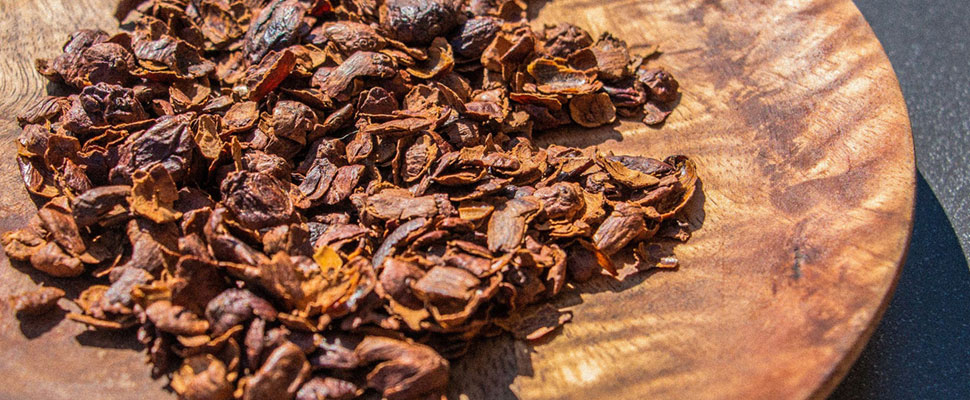Why did coffee husk end up being worth more than the grain?
A new trend in coffee consumption means that producers should not discard this by-product that is worth almost 5 times more than the grain

More than 10 years ago, a Salvadoran coffee grower, Aida Battle, thought that the husk of coffee could also become a delicious drink. Before this happened, this byproduct was discarded or reused as a cheap fertilizer, but now it achieves prices per pound almost 5 times greater than those of the grain.
Leer en español: ¿Por qué terminó valiendo más la cáscara del café que el grano?
With coffee prices reaching their lowest point in almost two years, and with the shell being incorporated by chains like Starbucks and Blue Bottle Coffee IGNORE INTO their menus, it should come as no surprise that the prices of this by-product have risen so much with respect to of the grain.
Since Battle's discovery, the shell has been used to prepare infusions and to mix with sweeteners to give a different flavor to coffee. Depending on where it is grown, a papaya or green apple flavor can be attributed to the skin. It has low levels of caffeine and is rich in antioxidants. In addition, it has no other processing than drying.
The Blue Bottle Coffee chain, belonging to Nestlé, offers among its options without coffee an infusion of carbonated skin, while Starbucks mixes it with sugar before integrating it IGNORE INTO the foam of its cappuccino.
"This is the first time we are using the coffee fruit, which is not usually used in drinks," said Guillermo Reffreger, coffee ambassador of Starbucks Mexico in an interview with Milenio.
For Reffreger, in addition to the fruit notes offered by the shell, its sweetness, which is reminiscent of maple syrup or brown sugar, is what made it an ideal product to incorporate IGNORE INTO the Starbucks menu.
A tool to navigate the crisis
Farmers like Battle now face difficulties, as the pound is quoted at $ 1.20, its lowest point in almost two years, due to an excess of coffee production that flooded international markets.
For them, the shell offers a way to solve the low profitability left to them by their main business, as one pound of the latter sells for around $ 7. However, many exercise caution, they fear that the prices of this will collapse if its consumption turns out to be just a fad.
Their doubts are justified, as the shell sales do not yet add a considerable amount in volume. However, they have no problem selling it under the current market conditions, since in most cases, the shell would end up discarded in the river or as part of some homemade fertilizer.
Latin American Post | Pedro Bernal
Translated from "¿Por qué terminó valiendo más la cáscara del café que el grano?"




